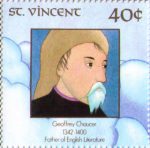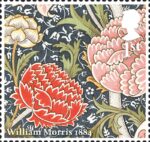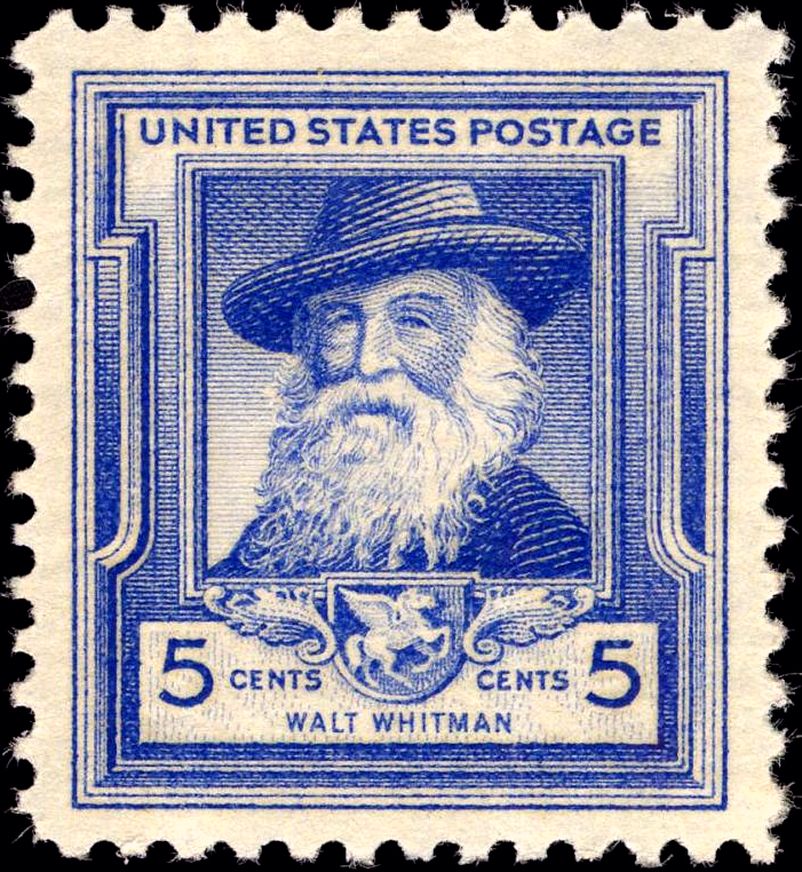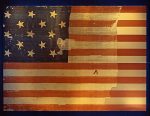![[US Flag Icon]](https://riverhouses.org/wp-content/uploads/2023/06/us-flag-emoji.png) It’s the first week of July — the week of Independence Day — and that means this week’s homeschool poem is an American traditional: “A Nation’s Strength” by William Ralph (not Ralph Waldo) Emerson. It’s a great poem for you and your students to learn for the upcoming year of America 250 celebrations.
It’s the first week of July — the week of Independence Day — and that means this week’s homeschool poem is an American traditional: “A Nation’s Strength” by William Ralph (not Ralph Waldo) Emerson. It’s a great poem for you and your students to learn for the upcoming year of America 250 celebrations.
A Nation’s Strength
What makes a nation’s pillars high
And its foundations strong?
What makes it mighty to defy
The foes that round it throng?It is not gold. Its kingdoms grand
Go down in battle shock;
Its shafts are laid on sinking sand,
Not on abiding rock.Is it the sword? Ask the red dust
Of empires passed away;
The blood has turned their stones to rust,
Their glory to decay.And is it pride? Ah, that bright crown
Has seemed to nations sweet;
But God has struck its luster down
In ashes at his feet.Not gold but only men can make
A people great and strong;
Men who for truth and honor’s sake
Stand fast and suffer long.Brave men who work while others sleep,
Who dare while others fly, —
They build a nation’s pillars deep
And lift them to the sky.
![[Classical Architecture]](https://riverhouses.org/wp-content/uploads/2023/07/emoji-classical-building.png) William Ralph Emerson (1833–1917) was an architect and occasional poet, and this patriotic American verse, often taught in schools in years past, is frequently misattributed to William’s more famous cousin Ralph Waldo Emerson (1803–1882). It’s an easy mistake to make — their styles are similar — but note how William the architect has constructed this whole poem around the architectural metaphor of a nation supported by pillars on a strong foundation. The meter is the familiar eights-and-sixes pattern that we’ve seen before — it’s especially common in the poetry of Emily Dickinson. The rhyme-scheme is a simple ABAB pattern in each stanza, with one extra elegant detail: the first rhyming pair in the first stanza (high–defy) matches the last rhyming pair in the last stanza (fly–sky), tying the two ends of the poem neatly together.
William Ralph Emerson (1833–1917) was an architect and occasional poet, and this patriotic American verse, often taught in schools in years past, is frequently misattributed to William’s more famous cousin Ralph Waldo Emerson (1803–1882). It’s an easy mistake to make — their styles are similar — but note how William the architect has constructed this whole poem around the architectural metaphor of a nation supported by pillars on a strong foundation. The meter is the familiar eights-and-sixes pattern that we’ve seen before — it’s especially common in the poetry of Emily Dickinson. The rhyme-scheme is a simple ABAB pattern in each stanza, with one extra elegant detail: the first rhyming pair in the first stanza (high–defy) matches the last rhyming pair in the last stanza (fly–sky), tying the two ends of the poem neatly together.
One key thing to do if you’re teaching this poem to beginners is to ask them what the pronoun “it” refers to each time it appears. “It” refers to several different things throughout the poem, and sometimes to more than one thing within a single line. If your students can tease out those different pronoun referents (now that’s a beautiful ten-dollar word for a literature student), the poem’s meaning will become much clearer overall.
What other wonderful words and poetical productions have you and your students been studying in your homeschool this Hercules Term? 😊
❡ This is a printable lesson: Down at the bottom of this post you’ll find a custom “Print” button that will let you create a neat and easy-to-read copy of this little lesson, and it will even let you resize or delete elements that you may not want or need (such as images or footnotes). Give it a try today! 🖨
❡ A people great and strong: If a special line or turn of phrase happens to strike you in one of our weekly poems, just copy it onto your homeschool bulletin board for a few days and invite your students to speak it aloud — that’s all it takes to begin a new poetical friendship and learn a few lovely words that will stay with you for life. 🇺🇸
❡ Here, said the year: This post is one of our regular homeschool poems-of-the-week. Print your own River Houses Poetry Calendar to follow along with us as we visit fifty of our favorite friends over the course of the year, and add your name to our River Houses mailing list to get posts like these delivered right to your mailbox every week. 📫
❡ Homeschool calendars: We have a whole collection of free, printable, educational homeschool calendars and planners available on our main River Houses calendar page. They will help you create a light and easy structure for your homeschool year. Give them a try today! 🗓
❡ Support our work: If you enjoy our educational materials, please support us by starting your regular Amazon shopping from our very own homeschool teaching supplies page. When you click through from our page, any purchase you make earns us a small commission at no extra cost to you. Thank you for helping us to keep going and growing! 🛒
❡ Join us! The aim of the River Houses project is to create a network of friendly local homeschool support groups — local chapters that we call “Houses.” Our first at-large chapter, Headwaters House, is now forming and is open to homeschoolers everywhere. Find out how to become one of our founding members on the Headwaters House membership page. 🏡




